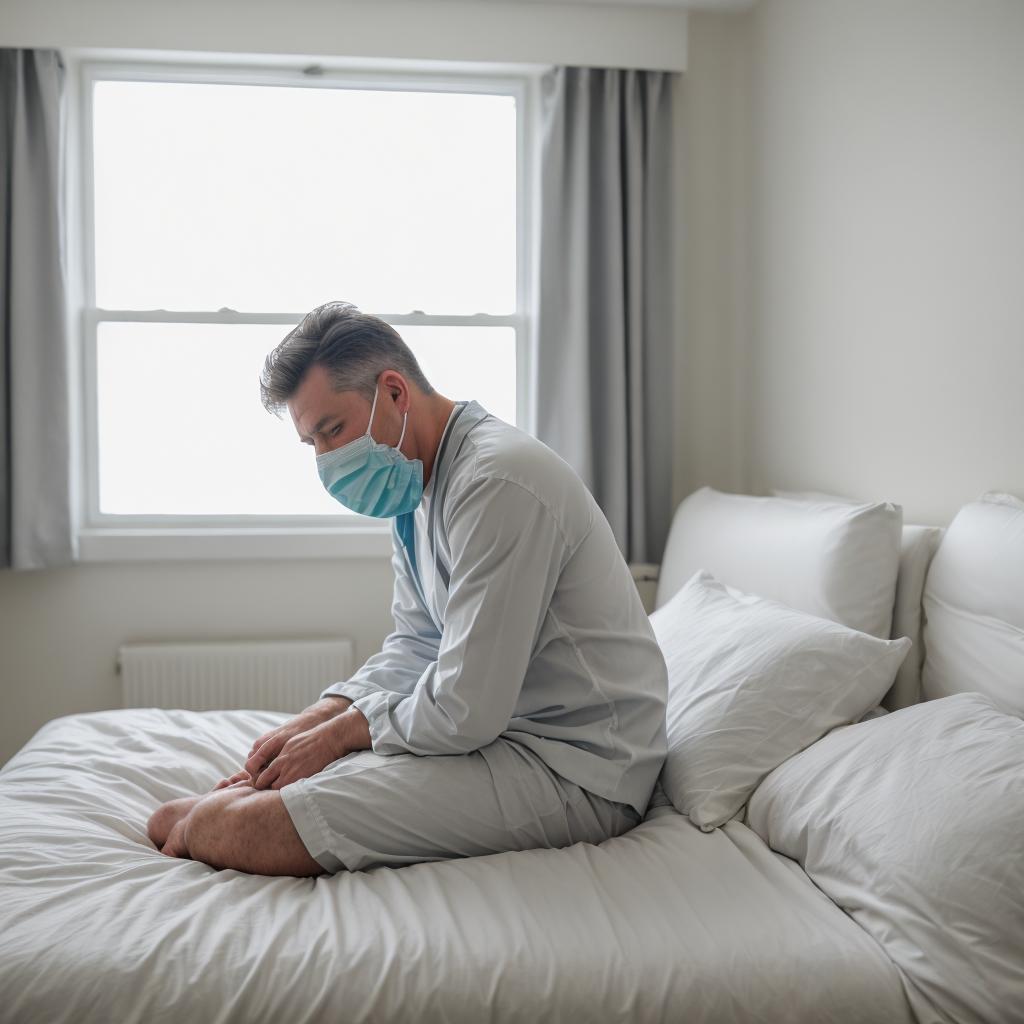
Face allergy bumps, medically known as allergic contact dermatitis or contact urticaria, can be an uncomfortable and unsightly condition.
These bumps can appear suddenly and cause itching, redness, and swelling on the face, leading to distress and self-consciousness. Understanding the causes, symptoms, and treatment options for face allergy bumps is crucial for managing this condition effectively.
Causes
Face allergy bumps occur when the skin comes into contact with a substance that triggers an allergic reaction. Common allergens that can cause these bumps include: Cosmetic Products: Many cosmetics contain ingredients that can irritate the skin or cause allergic reactions. These include fragrances, preservatives, dyes, and certain chemicals. Skincare Products: Similarly, skincare products such as cleansers, moisturizers, and sunscreens may contain ingredients that can trigger allergies or irritate sensitive skin. Foods: Some individuals may experience allergic reactions on their face after consuming certain foods. Common food allergens include nuts, shellfish, dairy products, and eggs. Medications: Certain medications, both topical and oral, can cause allergic reactions when applied to the skin or ingested. Environmental Allergens: Pollen, dust mites, pet dander, and other environmental allergens can also cause allergic reactions on the face, particularly in individuals with sensitive skin.
Symptoms
The symptoms of face allergy bumps can vary depending on the individual and the severity of the allergic reaction. Common symptoms include: Redness: The affected area of the skin may become red and inflamed. Swelling: Swelling, or edema, is a common symptom of allergic reactions on the face. The skin may appear puffy or swollen, particularly around the eyes and lips. Itching: Itching is a hallmark symptom of allergic contact dermatitis. The affected area may feel intensely itchy, leading to discomfort and a strong urge to scratch. Bumps or Hives: Raised bumps or hives may appear on the skin, giving it a bumpy or uneven texture. Blistering: In severe cases, the skin may develop blisters filled with fluid. Dryness and Flaking: The skin may become dry and flaky, especially if the allergic reaction persists over time.
Treatment
Treatment for face allergy bumps typically involves identifying and avoiding the trigger allergen whenever possible. Additionally, the following measures may help alleviate symptoms: Topical Steroids: Over-the-counter or prescription-strength topical corticosteroids can help reduce inflammation and itching associated with allergic reactions on the face. These medications should be used under the guidance of a healthcare professional to avoid potential side effects. Antihistamines: Oral antihistamines can help relieve itching and reduce the severity of allergic reactions. Non-drowsy formulas are available for daytime use, while sedating antihistamines may be recommended for nighttime relief. Cold Compresses: Applying a cold compress or ice pack to the affected area can help reduce swelling and soothe irritated skin. Moisturizers: Using a gentle, fragrance-free moisturizer can help hydrate the skin and prevent dryness and flakiness. Avoiding Triggers: Identifying and avoiding the trigger allergen is essential for preventing future flare-ups. This may involve patch testing to determine specific allergens or making changes to skincare and cosmetic products. Professional Evaluation: If face allergy bumps persist or worsen despite home treatment, it’s important to seek evaluation and guidance from a dermatologist or allergist. They can provide further testing, prescribe appropriate medications, and offer personalized recommendations for managing the condition. Face allergy bumps can be a frustrating and uncomfortable condition, but with proper management and treatment, symptoms can be alleviated, and flare-ups can be minimized. By identifying and avoiding trigger allergens, using appropriate medications, and practicing good skincare habits, individuals can effectively manage allergic reactions on their face and maintain healthy, clear skin. If symptoms persist or worsen, seeking professional medical advice is You’ve reached our limit of messages per hour. Please try again later. You’ve reached our limit of messages per hour. Please try again later. You’ve reached our limit of messages per hour. Please try again later. You’ve reached our limit of messages per hour. Please try again later.



